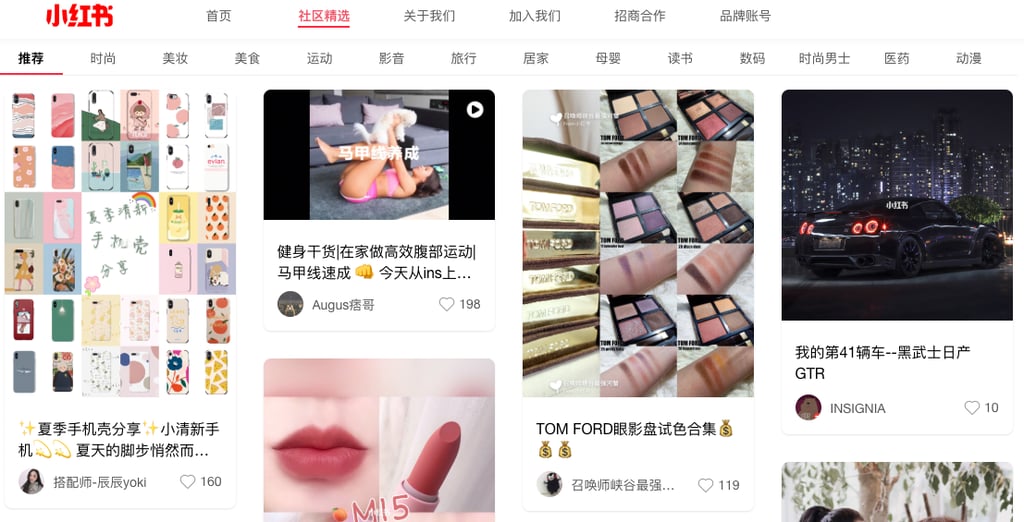Advertisement
Failed anonymous chat app is pivoting to social shopping
Failed chat app Toilet (yes, it's really called Toilet) is becoming a social shopping service like Xiao Hong Shu called Haoji
Reading Time:2 minutes
Why you can trust SCMP
In January, it seemed like everyone believed they could take their own piece of China's social media market, currently dominated by Tencent. Three messaging apps were launched in a single day.
Four months later, it’s now clear that none of them had what it takes to fight the behemoth that is WeChat. Liaotianbao, an updated version of Bullet Messenger, has reportedly disbanded its team. ByteDance’s Snapchat clone Duoshan never took off, with some people complaining about its less than satisfying user experience. And now the anonymous messaging app Toilet (seriously, that’s its real name) has quietly pivoted away from messaging to become a shopping app called Haoji.
Haoji, which literally means “easy to remember,” works similarly to one of China’s most popular social shopping apps Xiao Hong Shu. Users can post photos and videos sharing their opinions of certain products. They can also tag products in their pictures to send their friends to a page where they can purchase the products themselves.
Advertisement
Many weren’t surprised that Toilet didn’t take off.

Advertisement
Last month, China’s internet watchdog shut down nine messaging apps in a clean-up campaign. The agency said the apps were spreading pornographic information, facilitating prostitution and posed a “severe threat to public security.”
Advertisement
Select Voice
Select Speed
1.00x